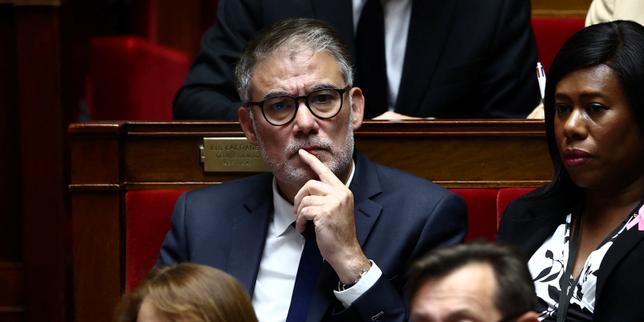2026 French Education Budget Sees Slight Increase Amid Union Criticism
The 2026 French education budget increases modestly but faces criticism from unions over insufficient funding for salaries and reforms.
- • Education budget increases by 200 million euros to 64.5 billion euros in 2026.
- • Teacher recruitment reform lowers qualification from bac+5 to bac+3 with trainee year.
- • Union leaders criticize budget as insufficient amidst inflation pressures.
- • Higher education and research budget rises slightly to 31.25 billion euros.
Key details
The French national education budget for 2026 has been set at 64.5 billion euros, marking a modest increase of 200 million euros compared to the previous year, according to the draft finance law (PLF). Despite this rise, unions such as the SNES-FSU describe the increase as minimal and warn that it will be largely offset by inflation, limiting potential salary and career advancements for education staff. The budget includes reforms to teacher recruitment, notably reducing the qualification requirement from bac+5 to bac+3, with students serving as trainee teachers for a year. Although student numbers are declining due to a lower birth rate, the government plans to maintain 1.1 million full-time equivalent jobs to support 13 million students and apprentices. To improve social inclusion, 5,440 additional positions will be created to enhance support for students. Higher education and research funding also sees a slight rise to 31.25 billion euros, continuing support for ongoing research initiatives including those in the nuclear sector. Subsidized meals at university restaurants will remain available for scholarship students, although no new funding is allocated for scholarship reforms. Union leader Sophie Vénétitay emphasized that the budget falls short of expectations for salary increases and broader needs in education.
This article was translated and synthesized from French sources, providing English-speaking readers with local perspectives.
Source articles (2)
Source comparison
Latest news
France Returns the Djidji Ayôkwé Talking Drum to Côte d'Ivoire After Over a Century
Record 37 Days of Rain Triggers Ongoing Severe Flooding in Western France
Political Divisions and Social Tensions Intensify Following Quentin Deranque’s Death in Lyon
French Economy Minister Calls for Full Insurance Industry Mobilization Amid Devastating Storm Floods
France Boosts Social and Solidarity Economy with New Tools and Potential Tax Reforms in 2026
Saint-Nazaire Mayor Condemns Vandalism of Two Political Offices as Attack on Democracy
The top news stories in France
Delivered straight to your inbox each morning.


